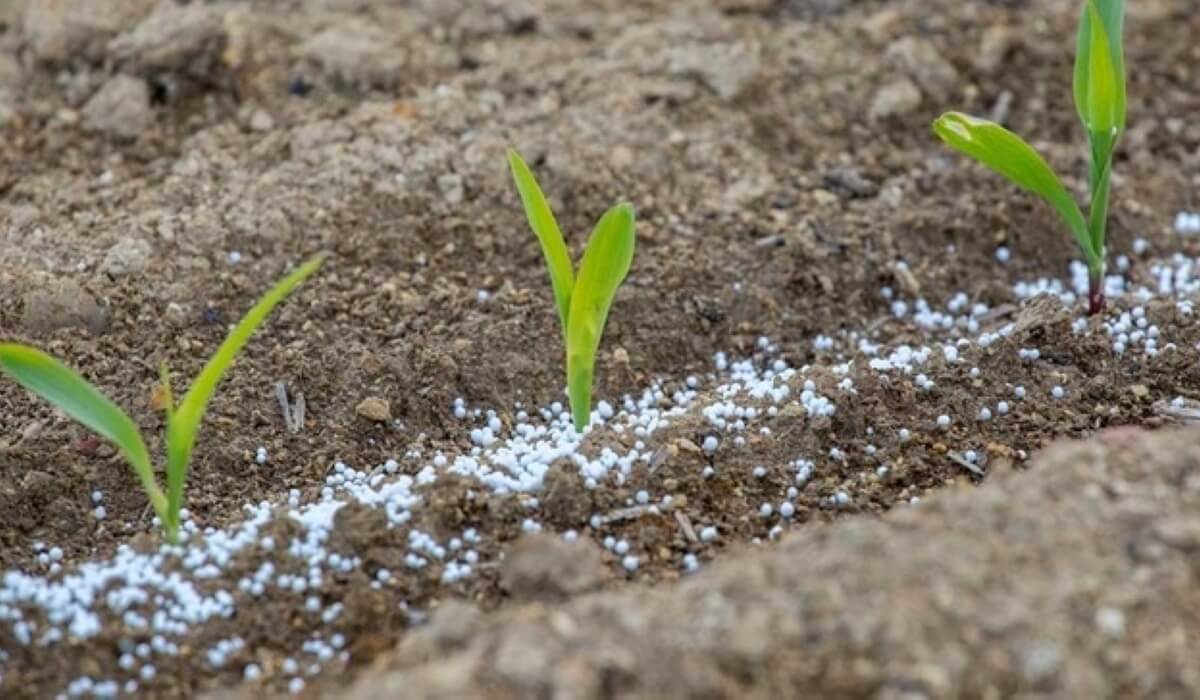
The global food system is facing numerous challenges, from unsustainable production practices to unequal distribution of resources. One crucial aspect contributing to this conundrum is the global fertilizer shortage. While rising prices and limited availability of fertilizers directly impact smallholder farmers and food security, the underlying issue extends beyond mere supply and demand dynamics. It involves the exploitative practices of multinational corporations, the ecological consequences of chemical fertilizers, and the need to transition towards sustainable agroecological approaches. This article examines the fertilizer conundrum, explores its implications, and highlights potential solutions.
The Rise of Fertilizer Prices and Corporate Exploitation:
In recent years, the cost of fertilizers has soared due to factors such as the rising cost of natural gas and geopolitical events. However, it has become evident that fertilizer companies have capitalized on this crisis to inflate their profits. Studies indicate that major fertilizer corporations have significantly increased their profit margins, taking advantage of supply shocks to maximize their gains. These practices, often referred to as “greedflation,” have contributed to the escalating prices, making fertilizers unaffordable for many small farmers worldwide.
Impacts on Smallholder Farmers and Food Security:
The exorbitant prices of fertilizers have put smallholder farmers in a precarious position. In low-income countries, farmers now face nearly triple the costs they paid just a few years ago, pushing them deeper into debt. Consequently, many farmers are compelled to reduce fertilizer usage, which directly affects crop yields and jeopardizes domestic food security. The United Nations has issued warnings that the current “crisis of affordability” could rapidly transform into a “crisis of availability” if fertilizer prices remain persistently high.
The Ecological Toll of Chemical Fertilizers:
Chemical fertilizers, while widely used in conventional agriculture, present significant ecological challenges. They contribute to greenhouse-gas emissions, soil degradation, ozone depletion, biodiversity loss, and air pollution. Accounting for 2.4% of all greenhouse-gas emissions, chemical fertilizers exacerbate climate change. It is crucial to recognize the risks associated with their use and explore sustainable alternatives to ensure long-term agricultural and environmental sustainability.
Transitioning to Agroecological Approaches:
To address the fertilizer conundrum, policymakers must embrace a shift towards agroecological farming practices. These practices promote crop rotation, natural fertilizers, and pesticides, reducing reliance on chemical fertilizers while maintaining high yields. Agroecological approaches have the potential to decrease costs for farmers, mitigate environmental damage caused by nitrogen fertilizers, and foster sustainable agricultural systems. Governments should prioritize subsidizing and investing in these alternative technologies, acknowledging their immense potential in transforming the global food system.
Balancing Transition and Food Security:
While transitioning away from chemical fertilizers is crucial, it must be implemented carefully to avoid abrupt disruptions to food production and food shortages. Sri Lanka’s sudden ban on chemical fertilizer imports in 2021 resulted in a significant reduction in domestic food production and acute food shortages. Therefore, a gradual and well-planned transition, supported by robust research and farmer education, is essential to ensure successful adoption of agroecological practices without compromising food security.
Realigning Investments and Aid:
Private investments and foreign aid should be redirected towards supporting agroecological farming rather than perpetuating the reliance on chemical fertilizers. Initiatives like the Alliance for a Green Revolution in Africa (AGRA) need to reevaluate their strategies, as studies indicate that their current approach falls short of their stated goals while increasing farmers’ vulnerability. By shifting financial resources towards sustainable practices, we can foster resilience, empower smallholder farmers, and mitigate the adverse environmental impacts associated with conventional agriculture.
Addressing the fertilizer conundrum requires a holistic approach that recognizes the interconnectedness of various challenges within the global food system. By reducing our reliance on chemical fertilizers and promoting sustainable agroecological practices, we can pave the way for a more equitable and resilient food system. Policymakers, stakeholders, and consumers must collaborate to effect meaningful change, prioritizing long-term sustainability and the well-being of smallholder farmers. Only through concerted efforts can we turn the current food crisis into an opportunity to transform our food system and build a more sustainable future.
Original Article from The New Times by Jayati Ghosh : Jayati Ghosh is a Professor of Economics at the University of Massachusetts Amherst and a former member of the UN Secretary-General’s High-Level Advisory Board on Effective Multilateralism.
Stay updated with the latest farming tips and agriculture industry news from Africa by subscribing to our newsletter. Don’t miss out on valuable insights and updates. Follow us on Twitter, LinkedIn, and Facebook to join our farming community and stay connected with us.




















Leave a Reply